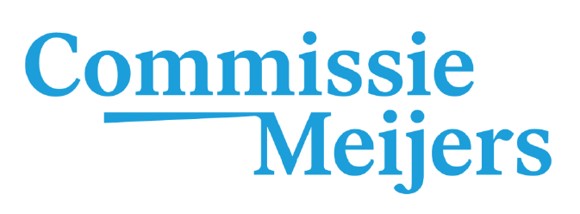Committee of legal experts invites EU transparency policy stakeholders for an exchange of views on concepts, objectives, and pressing issues of the day.

On Friday 17 September, the Netherlands-based Standing Committee of Experts on International Immigration, Refugee, and Criminal Law -better known as the Meijers Committee- held a seminar on EU transparency policy as part of its annual work conference.
The seminar bore the title “The EU transparency deficit: democratic problems, legal solutions?”. This subject matter was chosen because of its enduring centrality to the Committee’s work: the intransparency of the intergovernmental negotiations on the Schengen framework was the chief reason for Prof. Herman Meijers to establish the Committee as an ad-hoc group with the legal expertise to warn the Dutch national parliament on the manner and advice it on how to safeguard its duties of democratic oversight.
That the matter of transparency is still acute, and very much on the radar, is attested by the fact that in the past five years alone, the Meijers Committee published a dozen notes on the issue, related to such questions as the functioning of the access to documents regime, informal decision-making modes, trilogues, lobbying, and parliamentary information rights.
In order to further explore how the Committee could best conceptualise the problematics of EU (in)transparency, mobilise its limited resources to tackle the most pressing problems of the day, and to recognise, in an adequate manner, the (limits to the) role of law therein, four speakers were invited to share their experiences. They were:
– Aidan O’Sullivan, Head of Cabinet of the European Ombudsman, Emily O’Reilly.
– Liesbeth A. Campo, Legal Advisor at the Permanent Representation to the EU and representative in the Council charged with access to documents questions.
– Peter Teffer, investigative journalist of EU institutional affairs at the Dutch investigative journalism outlet Follow the Money.
– Deirdre Curtin, professor of European Law at the European University Institute, Florence.
The subject matter of the seminar was introduced by dr. Maarten Hillebrandt, postdoctoral researcher at the University of Helsinki, member of the Meijers Committee, and editor of this blog.
The exchange of views resulted in a number of interesting issues being raised, including the transparency rules-undermining effect of informal decision making, the persisting diplomatic tradition of the Council, administrative carelessness in the implementation of Regulation 1049/2001 resulting in vast time overruns, the limits to the effectiveness of the access to documents regime in the executive sphere, and the amalgam of administrative and procedural transparency norms in EU agencies and other sites of EU executive decision making.
The Meijers Committee is a Netherlands-based standing committee of experts from academia and civil society organisations established to promote transparent and democratic decision-making, respect for human rights and access to a judge in the European cooperation in the field of justice, migration and security. Since its establishment, it has issued hundreds of notes, inter alia playing an instrumental role in advancing the right of public access to documents through the Amsterdam Treaty and Regulation 1049/2001 negotiation processes.


